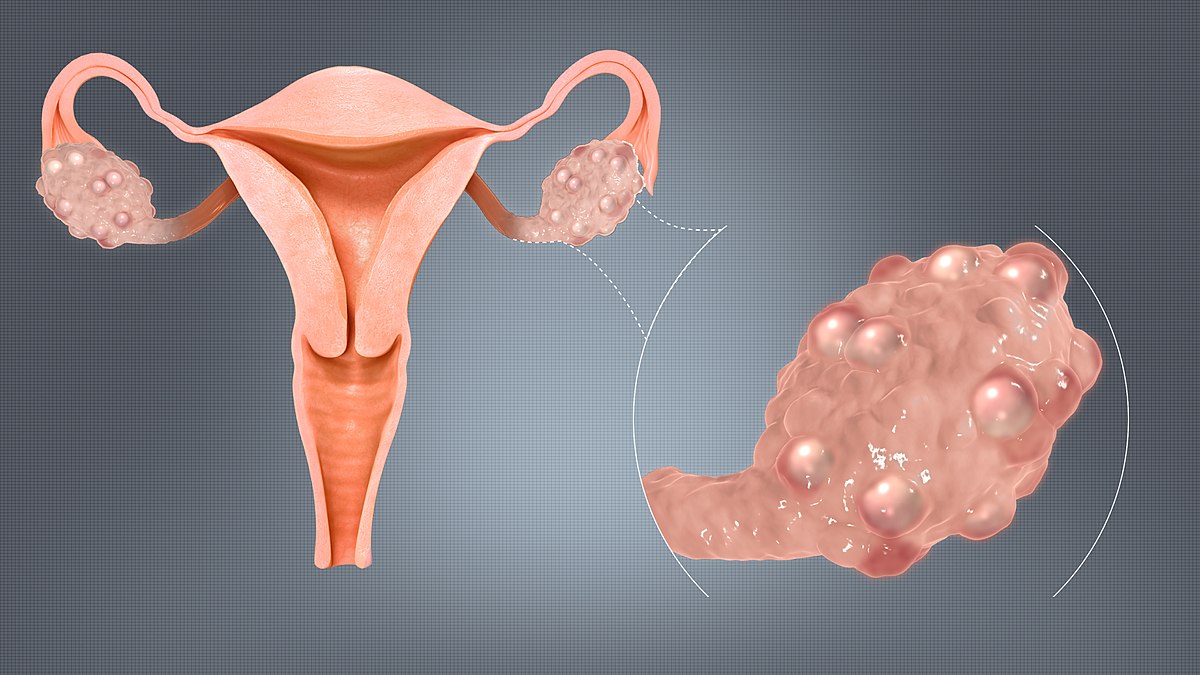By Nikita Bansal
As it is rightly said that there is no bigger wealth than health, still people today neglect their health issues and choose to stay irresponsible. It is vital for the people to know that it is utmost important to diagnose any type of disease in time and not waiting for the miss-happening to occur. Being careless and irresponsible in matters of health only leads to destruction to ones life. The lives of current generation is revolving around ample number of diseases which are injurious to health and it is only because of the lifestyle and the way of living in today’s world. It is similar to moving closer to our own grave. Inspite of treating the problem, people today choose to survive the way they are. Common problems faced by
the youth today are mental health, malnutrition and obesity, drugs and kidney stones.
- Mental health is one of the major concern in children these days. Depression is the top cause of illness and disability among adolescents and suicide is the third cause of death. Violence, poverty, humiliation and feeling devalued can increase the risk of developing mental health problems. Depressive disorder (also known as depression) is a common mental disorder. It involves a depressed mood or loss of pleasure or interest in activities for long periods of time. Depression is different from regular mood changes and feelings about everyday life. It can affect all aspects of life, including relationships with family, friends and community. It can result from or lead to problems at school and at work.
An estimated 3.8% of the population experience depression, including 5% of adults (4% among men and 6% among women), and 5.7% of adults older than 60 years. Approximately 280 million people in the world have depression.. Depression is about 50% more common among women than among men.
Worldwide, more than 10% of pregnant women and women who have just given birth experience depression. Although there are known, effective treatments for mental disorders, more than
75% of people in low- and middle-income countries receive no treatment. Barriers to effective care include a lack of investment in mental health care, lack of trained health-care providers and social stigma associated with mental disorders.
- Then highlighting the issue of obesity, many boys and girls in developing countries enter adolescence undernourished, making them more vulnerable to disease and early death. The number of adolescents who are overweight or obese is increasing in both low- and high-income countries.
Obesity is a serious medical condition that affects children and adolescents. It’s particularly troubling because the extra pounds often start children on the path to health problems that were once considered adult problems — diabetes, high blood pressure and high cholesterol. Childhood obesity can also lead to poor self-esteem and depression. In 2022, 2.5 billion adults aged 18 years and older were overweight, including over 890 million adults who were living with obesity.
This corresponds to 43% of adults aged 18 years and over (43% of men and 44% of women) who were overweight; an increase from 1990, when 25% of adults aged 18 years and over were overweight. Prevalence of overweight varied by region, from 31% in the WHO South-East Asia Region and the African Region to 67% in the Region of the Americas. About 16% of adults aged 18 years and older worldwide were obese in 2022. The worldwide prevalence of obesity more than doubled between 1990 and 2022.

- Another issue is the excessive drug use in the youngsters, Young people’s brains are growing and developing until they are their mid-20’s. This is especially true of the prefrontal cortex, which is used to make decisions. Taking drugs when young can interfere with developmental processes occurring in the brain. It can also affect their decision-making. They may be more likely to do risky things, such as unsafe sex and dangerous driving. The earlier young people start using drugs, the greater their chances of continuing to use them and become addicted later in life. Taking drugs when you are young can contribute to the development of adult health problems, such as heart disease, high blood pressure, and sleep disorders. at least 1-in-8 teenagers abusing an illicit substance in the last year as per the National Centre for drug abuse statistics.
- Talking about 30 years ago, kidney stones were considered the disease of only middle-aged people. However, worryingly, more and more patients are being diagnosed with this extremely painful condition, who belong to a much younger age group.Kidney stones are now occurring in younger people, particularly among teenage girls, emerging data from research shows, reported NBC news.
Surprisingly, stones can be found in children as young as 5 years old. Kidney stone incidence for children in the same area showed a dramatic increase from 7.2 per 100,000 person-years to 14.5 per 100,000 person-years from 1984 to 2008.
All the above issues are prevalent in a huge number in today’s youth that is to be tackled with as the youth are the pillars of strength for a country’s economy. Also health is the biggest asset in a human’s body which needs to be taken care of.




